This October is Black History Month in the UK, a time to celebrate and learn about the important contributions Black people have made to British history. It’s a chance to share stories of individuals who broke barriers, fought against injustice, and shaped the country for the better. From writers and nurses to activists and actors, these people worked to improve the lives of others and to create a more equal and fair society. Their stories remind us of the importance of standing up against discrimination and fighting for change.
Una Marson
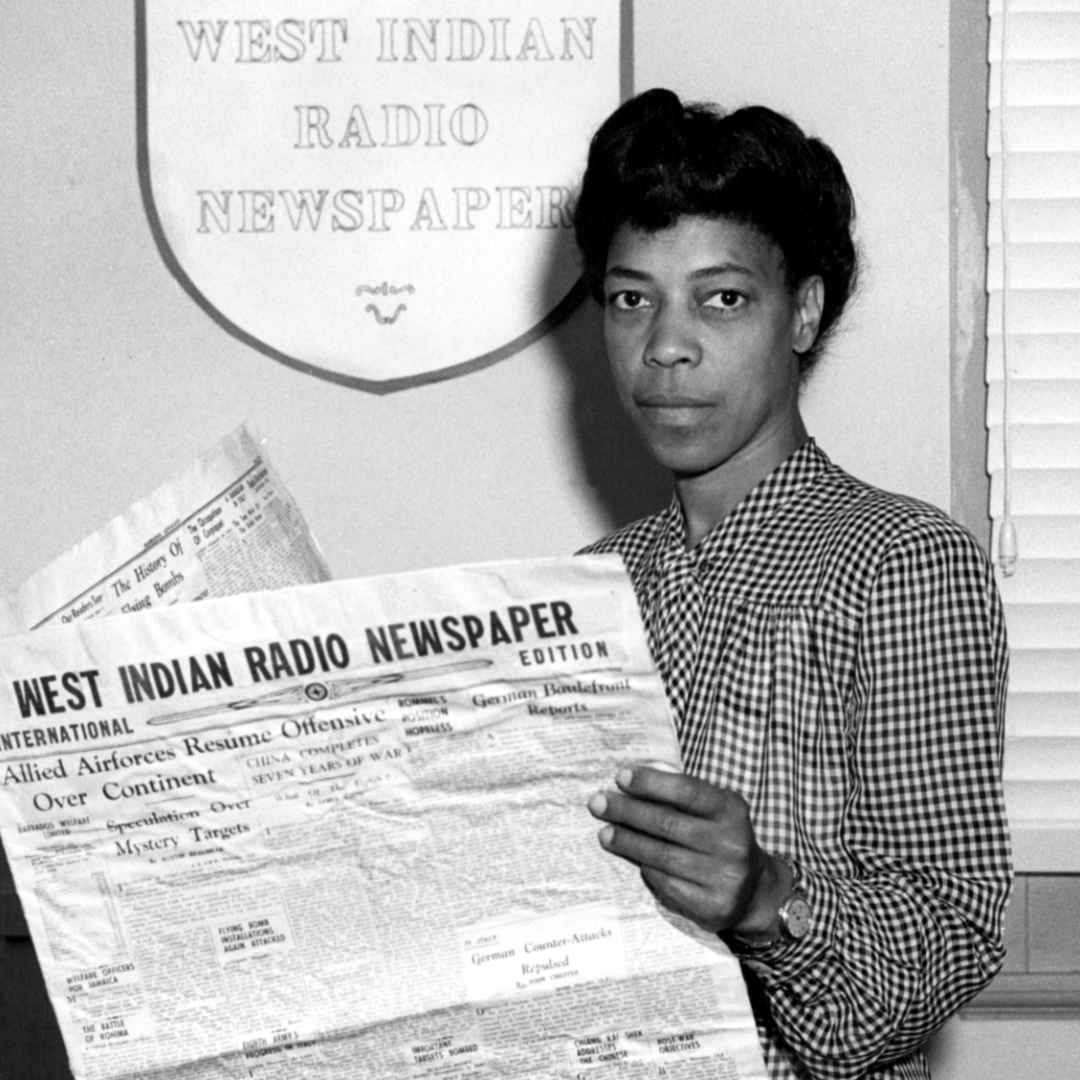
Una Marson was a Jamaican feminist, poet, playwright, and broadcaster who made history by becoming the first Black woman employed by the BBC during World War II. As a broadcaster and producer, she used her platform to bring attention to important issues of race and gender, both in Britain and the Caribbean. Through her work in journalism, literature, and radio, Una challenged stereotypes and worked to uplift Black voices in a society where they were often ignored. Her contribution to British media and literature was ground-breaking, paving the way for future generations of Black writers and broadcasters.
Olaudah Equiano
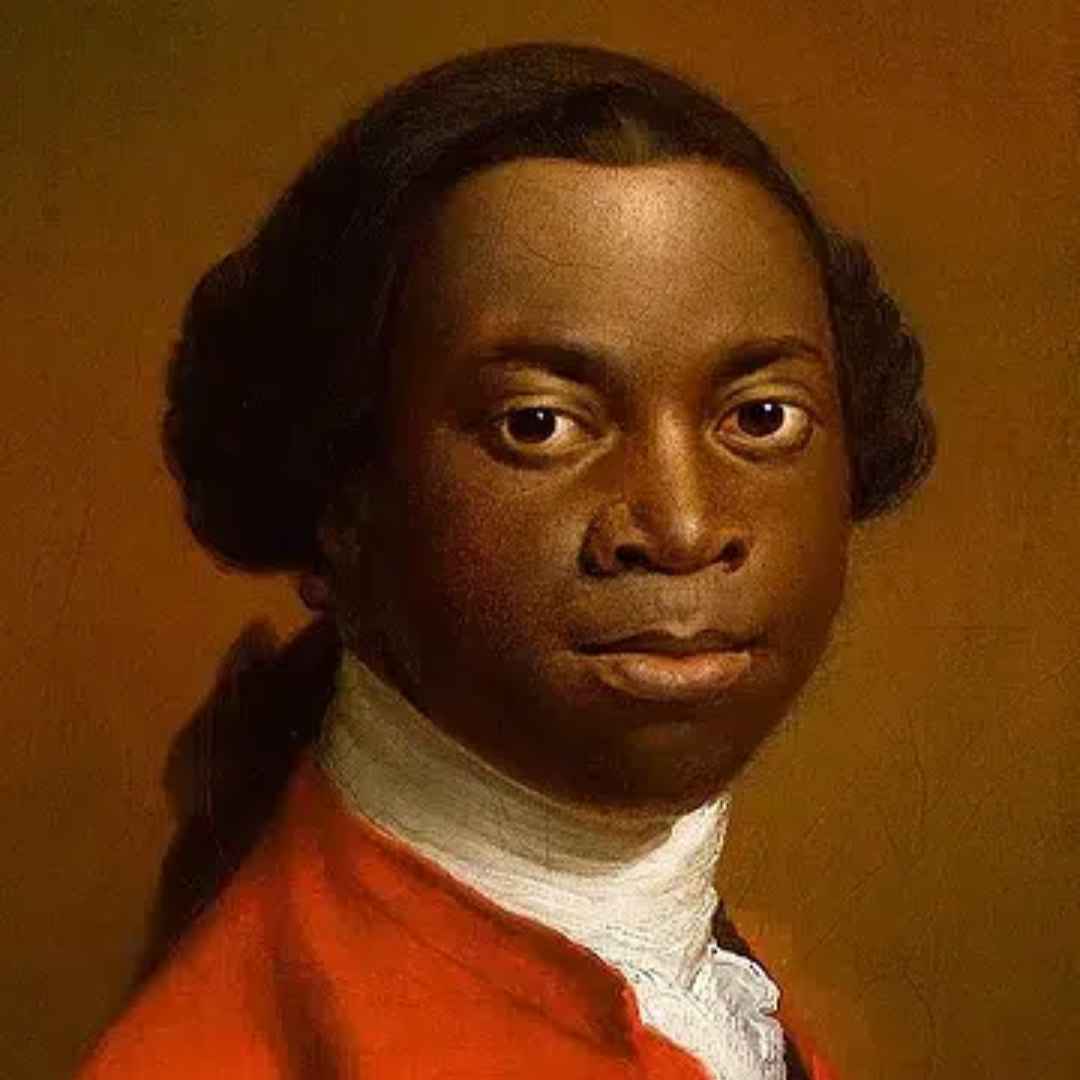
Born in what is now Nigeria, Olaudah Equiano was captured and enslaved as a child but later gained his freedom. He became a prominent voice in the movement to abolish the transatlantic slave trade. His autobiography, The Interesting Narrative of the Life of Olaudah Equiano, published in 1789, gave readers in Britain firsthand insight into the horrors of slavery. His powerful account played a crucial role in raising awareness and building support for the abolitionist movement. Ten years after his death in 1797, the English slave trade was finally abolished.
Mary Seacole
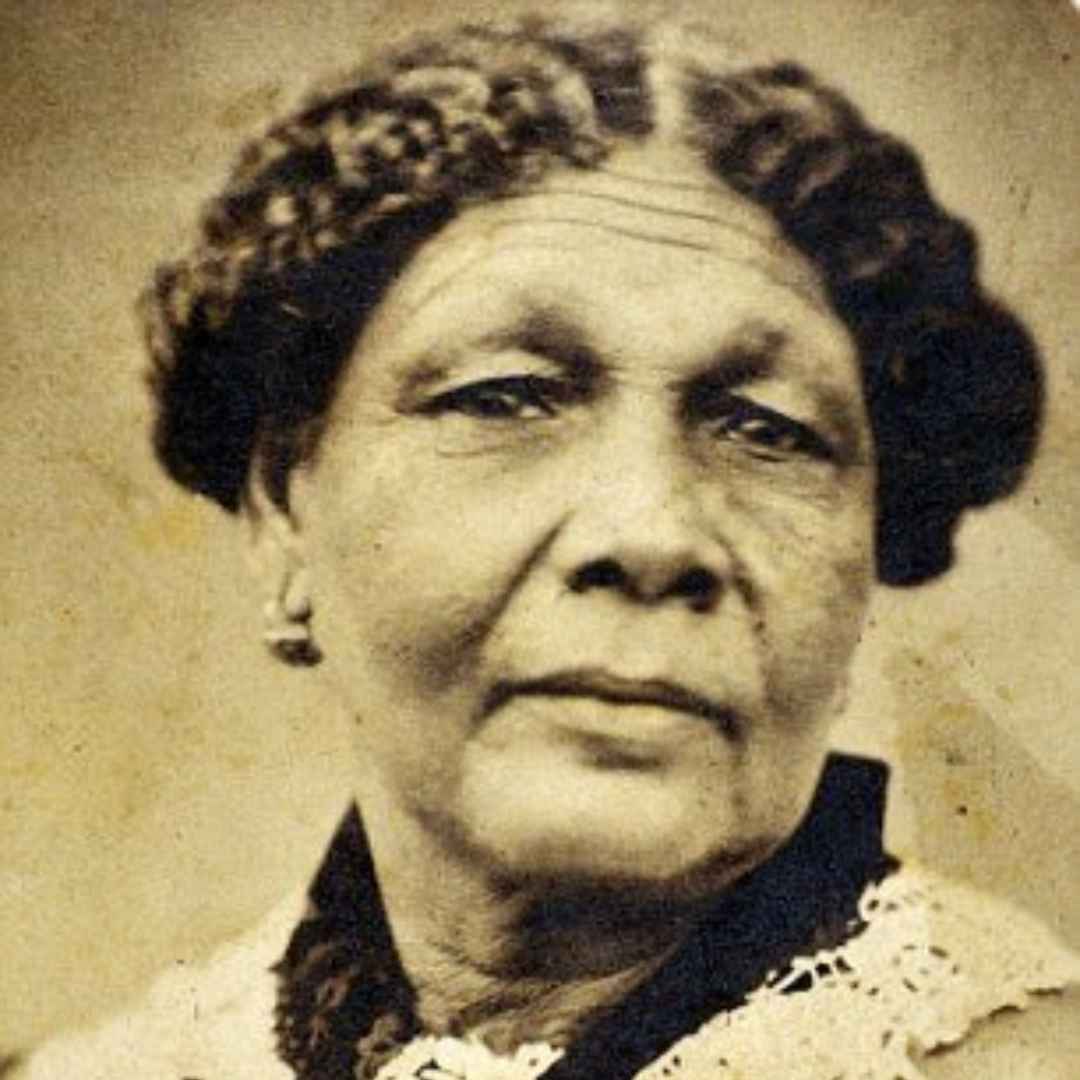
Mary Seacole was a British-Jamaican nurse who became a celebrated figure during the Crimean War in the 1850s. Despite facing racial discrimination and being refused the chance to work as a nurse, Mary self-funded her journey to the war zone, where she set up the “British Hotel” to care for sick and injured soldiers. She also visited the battlefield, sometimes under fire, to nurse the wounded, and became known as ‘Mother Seacole’. Although she was overlooked for many years, Mary Seacole’s contributions to nursing and her determination to overcome prejudice have made her an inspiring figure in British history.
Olive Morris
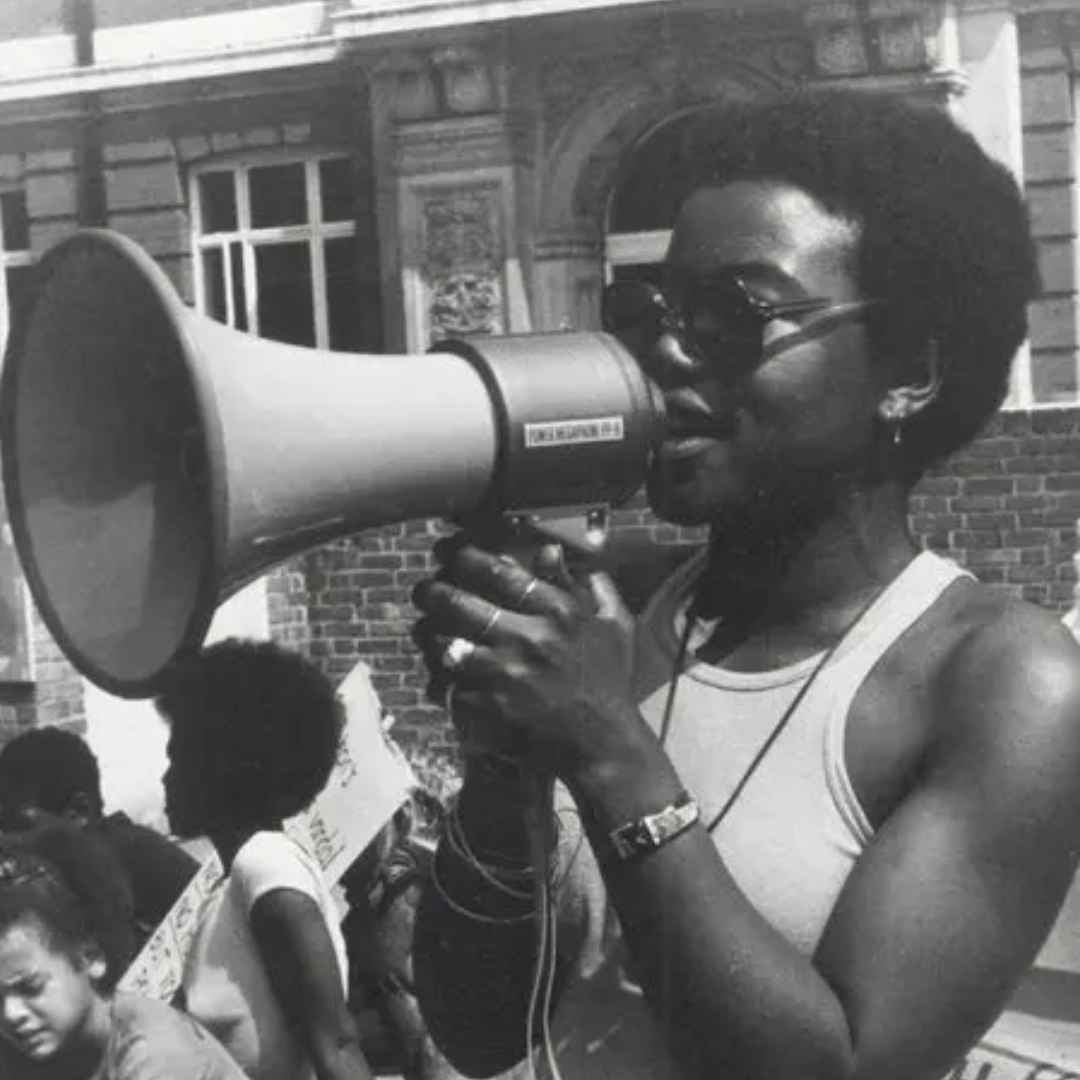
Olive Morris was a fearless activist who fought for racial, gender, and social equality in Britain during the 1960s and 1970s. She was a key figure in movements opposing police brutality, fighting for better housing conditions, and advocating for the rights of Black people and women. Despite her life being tragically cut short at the age of 27, Olive’s activism had a lasting impact, particularly in the areas of housing rights and Black women’s liberation. She remains a symbol of resistance against oppression and continues to inspire activists today.
Claudia Jones
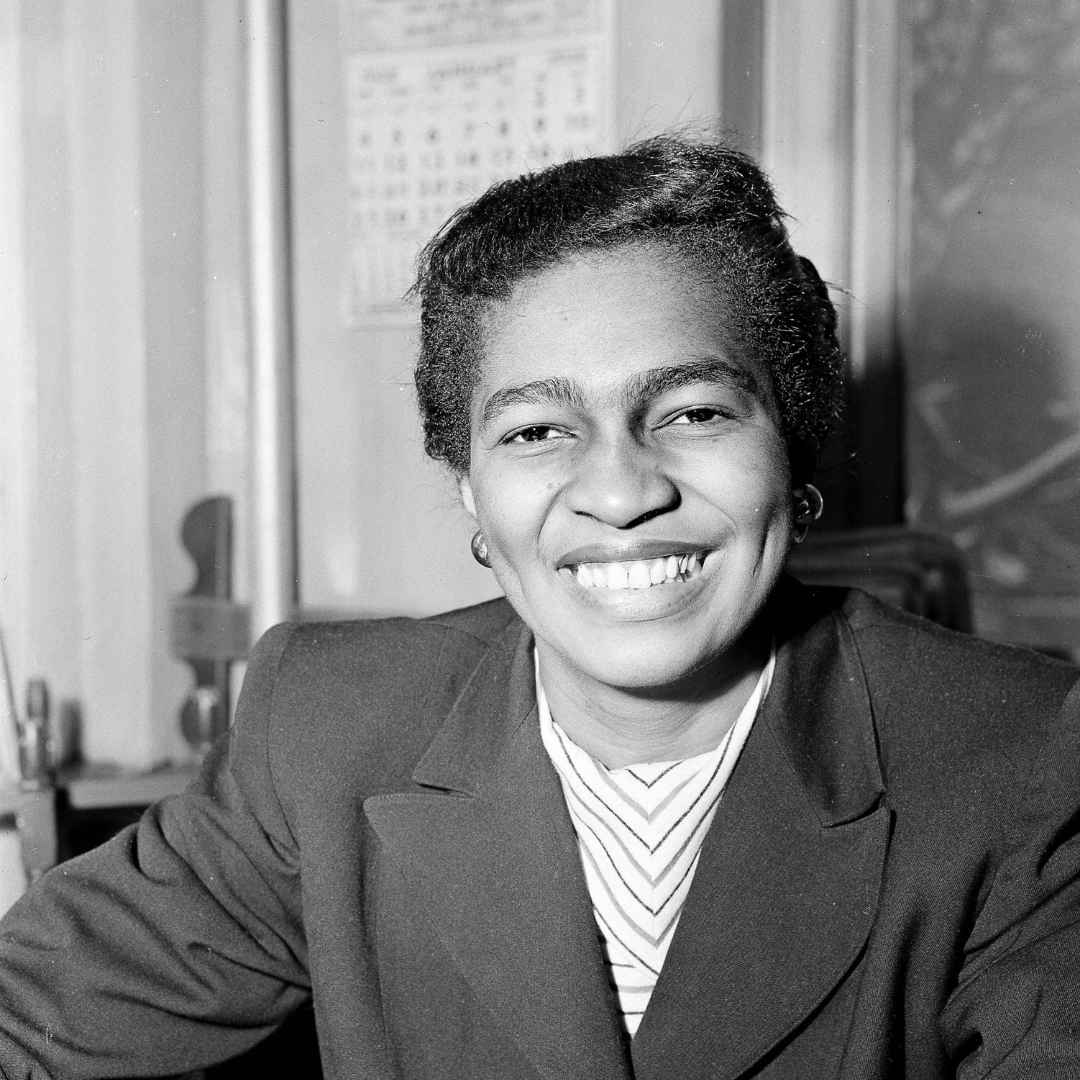
Claudia Jones was a Trinidad-born journalist and activist who played a leading role in Britain’s anti-racism movement. After the 1958 Notting Hill riots, which were marked by violent attacks on the Black community, Claudia founded the West Indian Gazette, one of the first major Black British newspapers. Through this, she campaigned for racial equality and social justice. She also helped to establish the Notting Hill Carnival, which has grown into one of the largest annual cultural festivals in the world, celebrating Caribbean culture and promoting unity among diverse communities. Claudia Jones’s work continues to shape the cultural and political landscape of Britain.
Ira Aldridge
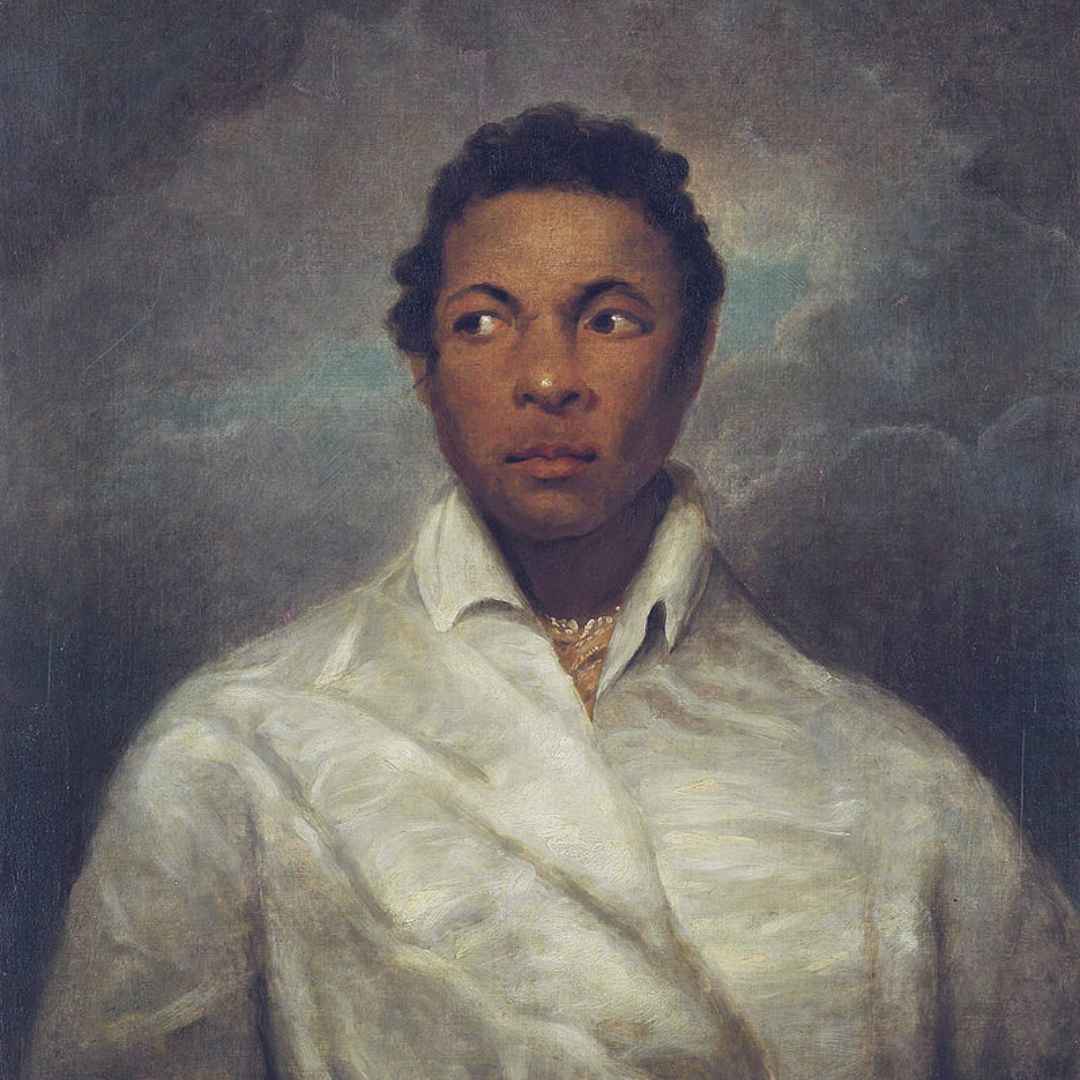
Ira Aldridge was an actor who became the first Black actor to achieve widespread fame performing Shakespeare in Europe during the 19th century. At a time when Black performers faced significant prejudice, Ira broke new ground by taking on major roles, including Othello, and performing opposite white actresses. His performances were highly praised, and he became a respected figure in European theatre. Aldridge’s success challenged racial barriers in the arts, and he is remembered as a pioneering figure in the history of British theatre.
Louise Da-Cocodia
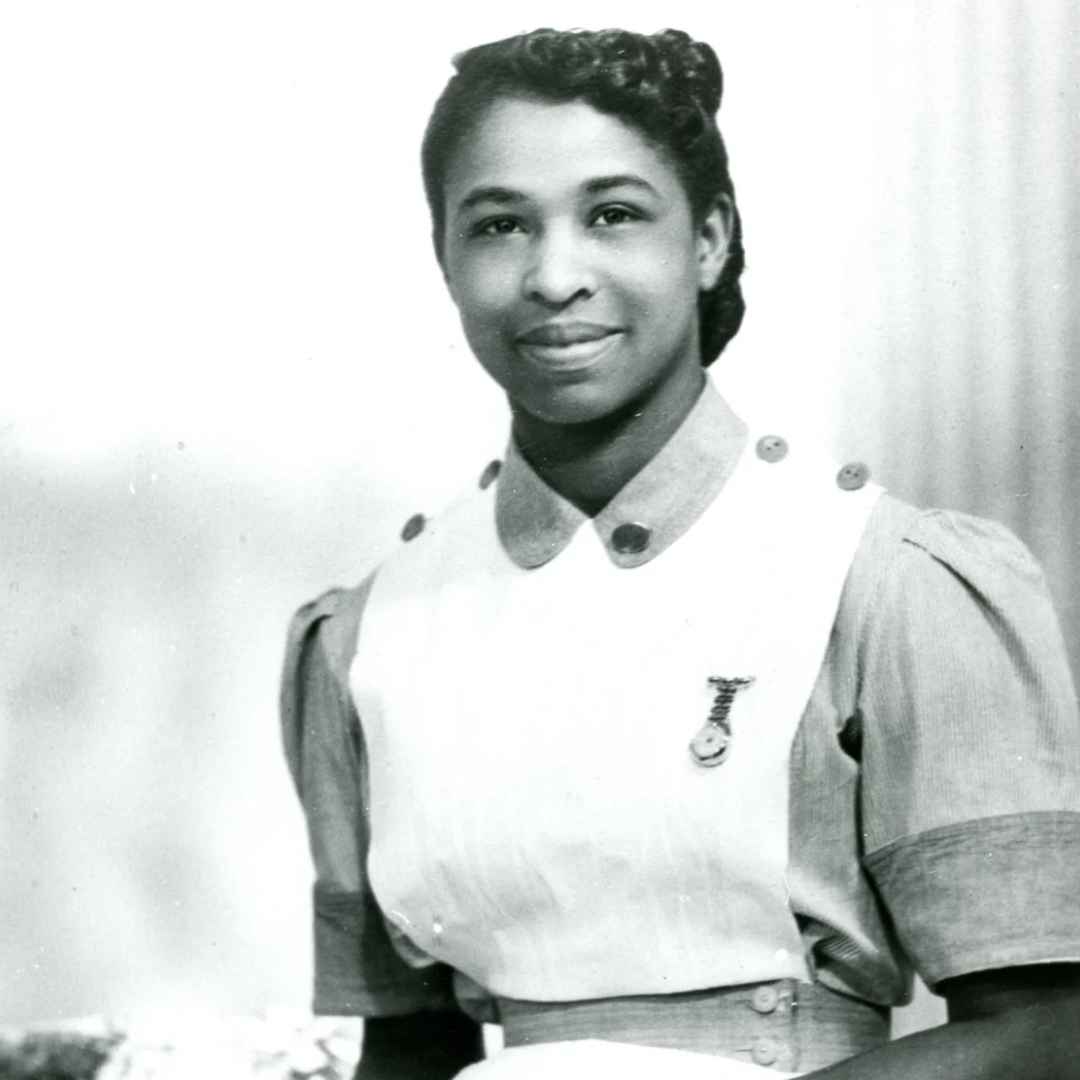
Louise Da-Cocodia was a Jamaican nurse who moved to Manchester in the 1950s to work in the NHS. After facing racism in her own career, she dedicated herself to fighting discrimination and improving conditions for Black people in the UK. Louise became an important community leader in Manchester, campaigning for better housing, education, and job opportunities for ethnic minorities. Her activism and leadership left a lasting impact on the city, and she is remembered as one of Manchester’s most influential anti-racism campaigners.
Asquith Xavier
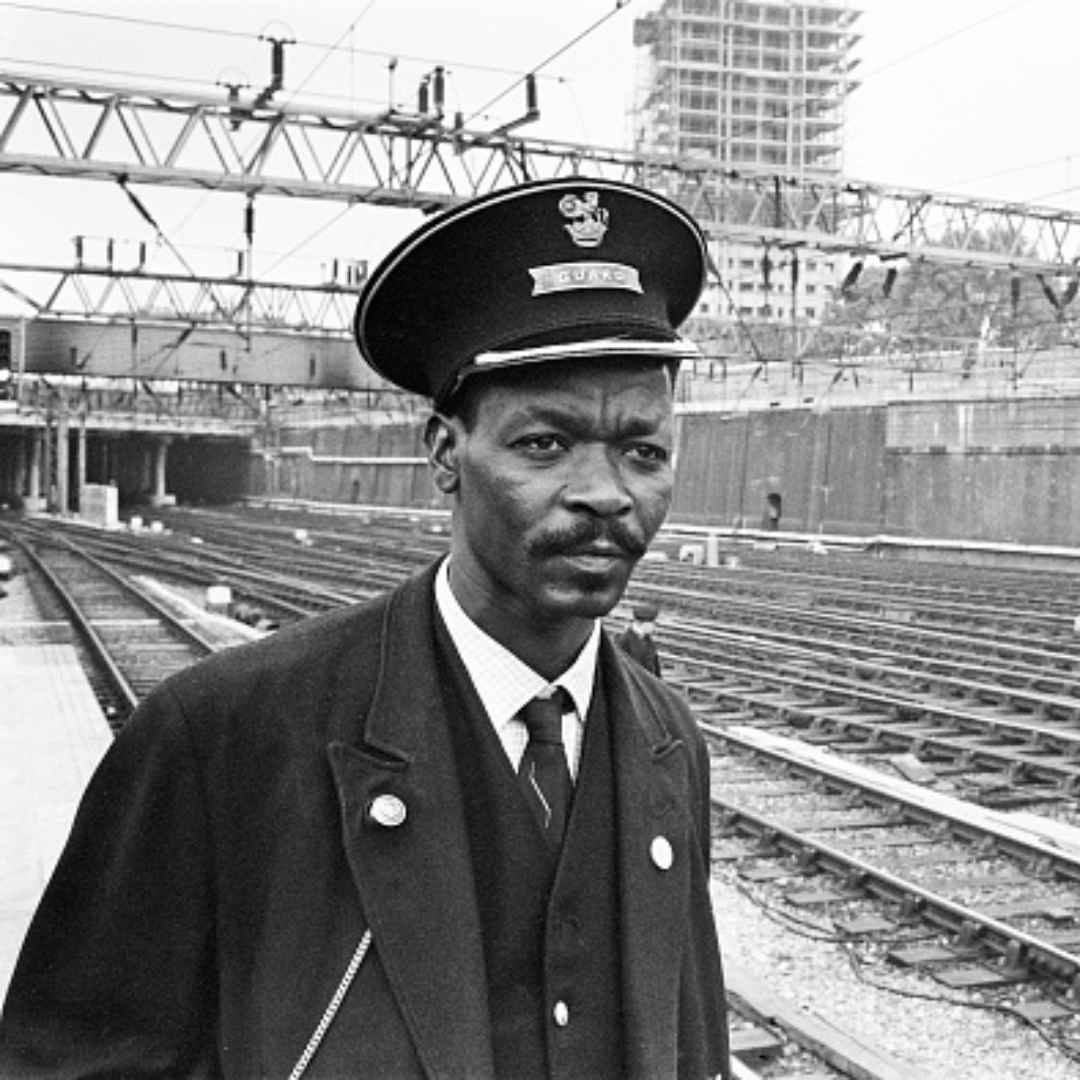
Asquith Xavier was a key figure in the fight against workplace discrimination in Britain. In 1966, he successfully challenged the racist employment policies of British Rail, becoming the first Black person to be allowed to work as a train guard at Euston station in London. His victory helped pave the way for the 1968 Race Relations Act, which made it illegal to refuse housing, employment, or public services to people because of their ethnicity. Asquith’s courage in standing up to injustice made him an important figure in the fight for racial equality in the UK.
Paul Stephenson
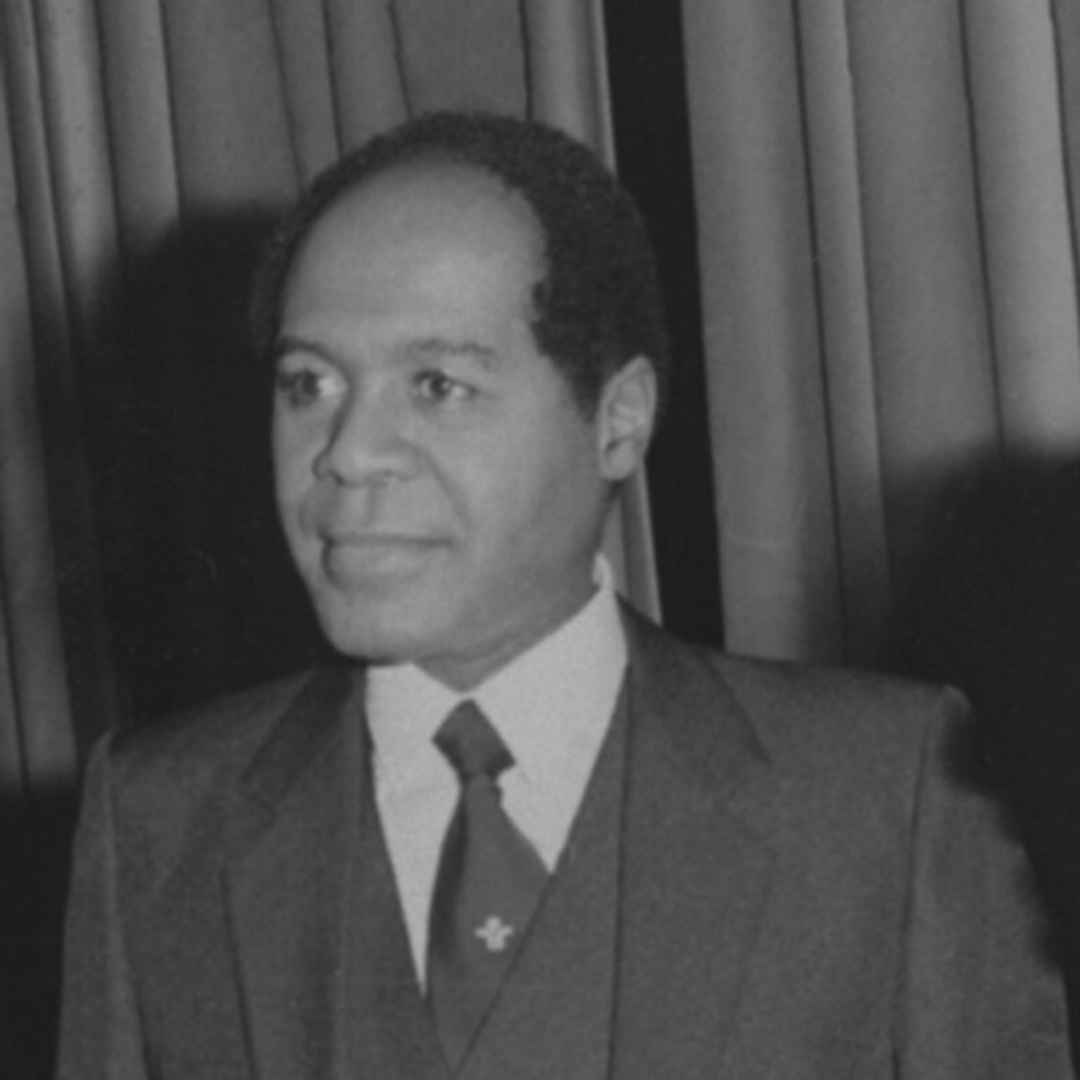
Paul Stephenson is a British civil rights activist known for leading the Bristol Bus Boycott in 1963. The boycott was organised in response to the Bristol Omnibus Company’s refusal to hire Black or Asian bus crews. Inspired by the actions of Rosa Parks and the American civil rights movement, Paul’s leadership helped end the company’s discriminatory practices. The boycott was a significant moment in the UK’s civil rights history and helped to push forward the fight against racial discrimination. Paul Stephenson’s activism continues to be celebrated as a vital part of Britain’s journey towards equality.
In conclusion, these remarkable individuals each played an important role in shaping British history. They overcame challenges and fought for justice, equality, and fairness in a society where they often faced discrimination. Their contributions have made lasting impacts on many areas of life in the UK, from healthcare and the arts to civil rights and community.
By learning about their stories during Black History Month, we not only honour their achievements but also understand how their struggles continue to inspire us today. Their legacies remind us of the importance of standing up for what is right and working together to create a more inclusive and fair society for everyone.
